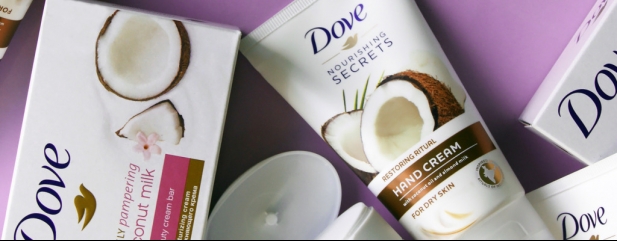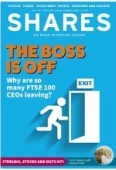UNILEVER (ULVR) £40.64
Gain to date: 2.1%
Shares in Unilever (ULVR) are up 2.1% since we suggested buying the consumer goods goliath at £39.79 on 4 August 2022, arguing a rally from March’s five-year lows at the Marmite-to-Magnum ice cream maker had further to run aided by a better macro backdrop combined with self-help measures.
WHAT’S HAPPENED SINCE WE SAID TO BUY?
While the wider environment remains challenging, Unilever’s shares rose on the announcement (26 September) CEO Alan Jope plans to retire from the company at the end of 2023, after five years in the role, having endured a difficult tenure since taking over in 2019.
He has faced criticism over the failed takeover approach for GSK’s (GSK) consumer health business, now trading as a separate entity called Haleon (HLN), and Unilever’s whole strategic direction. The FTSE 100 group is hunting for Jope’s successor and will consider both internal and external candidates.
Jope has also received brickbats from, among others, noted fund manager Terry Smith for focusing too much on sustainability at the expense of the fundamentals of the business.
Billionaire activist Nelson Peltz was recently appointed as a non-executive director after his investment firm Trian took a stake in the Dove soap-to-Hellmann’s mayonnaise maker.
Unilever has now ruled out transformational acquisitions and implemented a new category-focused organisational structure to help the company deliver consistent growth and generate cost savings.
WHAT SHOULD INVESTORS DO NEXT?
Hang on to shares in a business with brand strength, pricing power and big potential in emerging markets, as the influence of Peltz is only likely to increase and this could mean more radical action to streamline the group and improve performance.
Berenberg argues Unilever’s new simplified structure leaves it repositioned for faster growth and will make it easier to dispose of ‘smaller sub-businesses’, while easing cost pressures and price increases should support ‘material’ margin recovery from 2023.
The broker also believes Unilever’s valuation is attractive versus global peers and its ‘long streak of underperformance has begun to reverse’. It believes the ‘more attractive earnings outlook (both from organic growth and margin recovery) should enable that to continue’.
‹ Previous2022-09-29Next ›

 magazine
magazine








